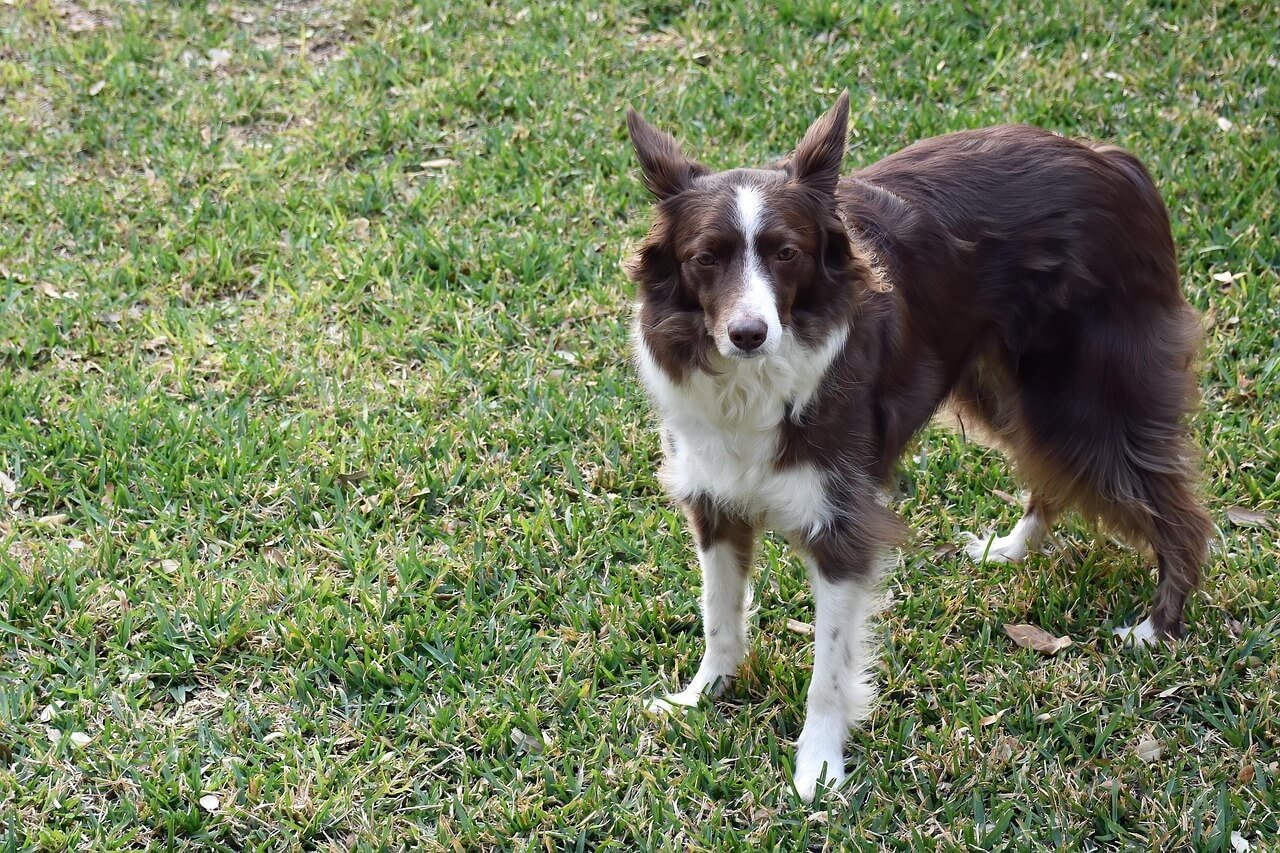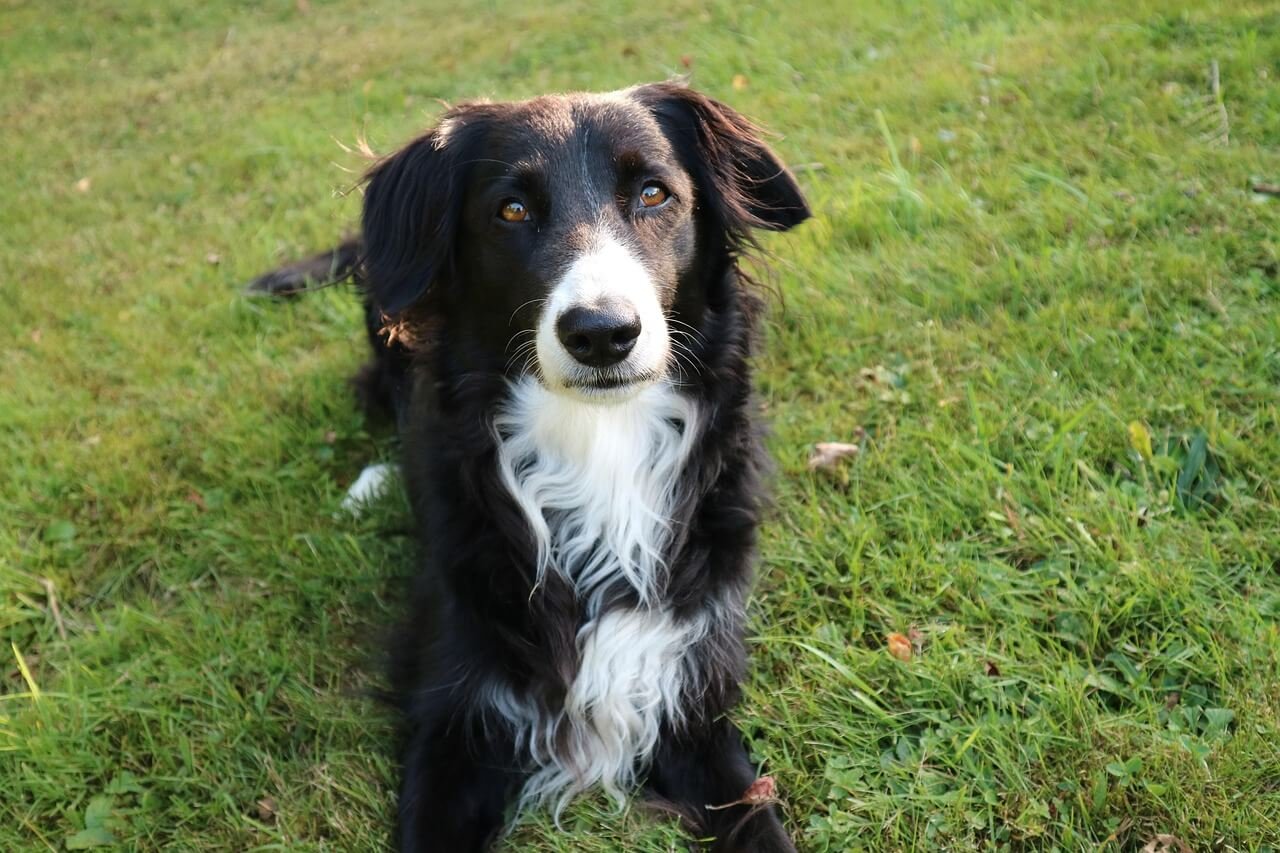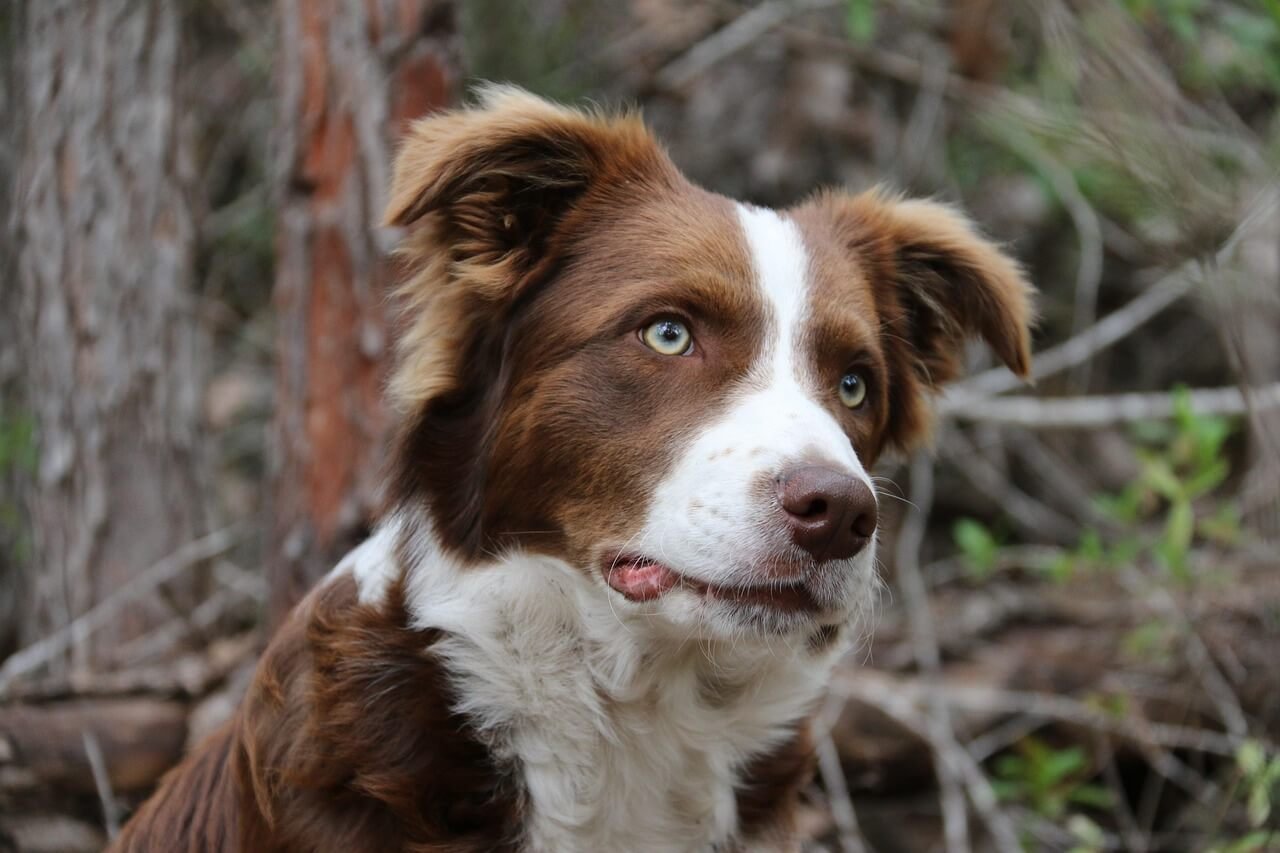Home Remedies for Dog Difficulty Breathing: A Guide to Comfort and Care
Witnessing your dog struggle to breathe can be one of the most distressing experiences for any pet owner. Whether it’s due to allergies, respiratory infections, or other underlying issues, difficulty breathing in dogs requires immediate attention. While home remedies can provide temporary relief and comfort, it’s important to recognize when professional veterinary care is necessary. In this blog post, we’ll explore safe and effective home remedies for dog difficulty breathing, helping you support your furry friend during moments of distress. Remember, these remedies are not a substitute for professional treatment but can serve as a helpful first step in managing mild symptoms.
Common Causes of Breathing Difficulties in Dogs
Understanding the potential causes of your dog’s breathing difficulties can help you determine whether home remedies are appropriate or if veterinary intervention is needed. Here are some common reasons why dogs may experience trouble breathing:
Allergies : Environmental allergens like pollen, dust, or mold can irritate your dog’s airways.
Respiratory infections : Conditions such as kennel cough or pneumonia can lead to labored breathing.
Heart conditions : Heart disease can cause fluid buildup in the lungs, making it hard for your dog to breathe.
Foreign objects : Something stuck in the throat or nasal passages can obstruct airflow.
Heatstroke : Overheating can cause rapid, shallow breathing and requires urgent attention.
Identifying the root cause of your dog’s breathing issues is crucial for providing the right care and avoiding complications.
Safe Home Remedies for Dog Difficulty Breathing
When your dog is experiencing mild breathing difficulties, certain home remedies can offer relief and help soothe their symptoms. Always consult your vet before trying these remedies, especially if the issue persists. Here are some safe options:
Steam therapy : Create a steamy environment by running a hot shower and sitting with your dog in the bathroom. The moisture can help clear nasal congestion.
Cool compress : Apply a damp, cool cloth to your dog’s chest or neck to reduce overheating or stress.
Hydration : Ensure your dog has access to fresh water to prevent dehydration, which can worsen breathing problems.
Calming herbs : Herbal teas like chamomile (cooled) can be offered in small amounts to relax your dog and ease anxiety-related breathing issues.
Elevated sleeping area : Provide a raised bed to help your dog breathe more easily, especially if they have heart or lung issues.
These remedies can provide temporary relief, but always monitor your dog closely and seek veterinary care if symptoms worsen.
Check this guide 👉Why Is My Dog Breathing Fast? Best 7 Behavior Tips!
Check this guide 👉Dog is Breathing Weird: Best 7 Expert Tips!
Check this guide 👉Dog Breathing Heavy? 7 Quick Fixes & When to Worry!

Home Remedies for Breathing Issues | When to Use Them |
|---|---|
Steam therapy | For nasal congestion or mild allergies |
Cool compress | To reduce overheating or stress |
Hydration | When dehydration may worsen symptoms |
Calming herbs | For anxiety-related breathing problems |
Elevated sleeping area | For dogs with heart or lung conditions |
Signs That Your Dog Needs Immediate Veterinary Care
While home remedies can help with mild cases, some signs indicate that your dog’s breathing difficulty requires urgent veterinary attention. Recognizing these red flags can save your dog’s life. Here’s what to look for:
Rapid or labored breathing : If your dog is panting excessively or struggling to inhale, it could signal a serious issue.
Blue gums or tongue : This indicates a lack of oxygen and requires emergency care.
Collapse or weakness : Sudden inability to stand or move is a critical warning sign.
Persistent coughing or gagging : These symptoms may point to a blockage or severe infection.
Swelling of the face or throat : This could indicate an allergic reaction or obstruction.
If you notice any of these signs, contact your veterinarian or an emergency clinic immediately to ensure your dog receives timely treatment.
Preventive Measures to Reduce Breathing Issues
Preventing breathing difficulties in dogs involves addressing potential triggers and maintaining their overall health. Here are some proactive steps to minimize the risk of respiratory problems:
Regular vet check-ups : Routine exams can catch underlying health issues before they escalate.
Maintain a healthy weight : Obesity can strain the respiratory system, so keep your dog at an ideal weight.
Avoid allergens : Keep your home free of dust, smoke, and strong scents that may irritate your dog’s airways.
Exercise moderation : Avoid overexertion, especially in brachycephalic breeds prone to breathing issues.
Vaccinations and parasite control : Protect your dog from infections and parasites that can affect their respiratory health.
By taking these preventive measures, you can help your dog stay healthy and reduce the likelihood of breathing difficulties.
Environmental Adjustments to Support Breathing
Creating a dog-friendly environment can significantly reduce the risk of breathing difficulties, especially for dogs with sensitivities or pre-existing conditions. Making small changes at home can help your dog breathe more comfortably. Here are some adjustments to consider:
Use air purifiers : Air purifiers can remove allergens like dust, pollen, and pet dander from your home.
Avoid smoking indoors : Secondhand smoke can irritate your dog’s respiratory system and worsen breathing issues.
Limit exposure to strong scents : Avoid using air fresheners, candles, or cleaning products with strong odors that may irritate their airways.
Maintain proper ventilation : Ensure good airflow in your home by opening windows or using fans to circulate fresh air.
Keep bedding clean : Wash your dog’s bed regularly to reduce dust mites and allergens that can trigger breathing problems.
By making these environmental adjustments, you can create a safer and healthier space for your dog to thrive.
Calming Techniques for Dogs with Anxiety-Related Breathing Issues
Anxiety and stress can lead to rapid or shallow breathing in dogs, making it essential to address the emotional triggers behind these symptoms. Calming techniques can help soothe your dog and ease their breathing. Here are some effective strategies:
Provide a safe space : Designate a quiet, cozy area where your dog can retreat when feeling anxious or overwhelmed.
Use calming music : Soft, soothing music or white noise can help relax your dog during stressful situations.
Practice deep pressure therapy : Gently wrapping your dog in a blanket or using a calming vest can provide comfort and reduce anxiety.
Engage in low-energy activities : Activities like gentle walks or puzzle toys can distract your dog and promote relaxation.
Stick to a routine : Consistency in feeding, walking, and playtime helps reduce stress and creates a sense of security.
Incorporating these calming techniques into your dog’s daily life can help manage anxiety-related breathing issues and improve their overall well-being.
Dietary Tips to Support Respiratory Health
A balanced diet plays a crucial role in maintaining your dog’s overall health, including their respiratory system. Certain dietary adjustments can help strengthen their immune system and reduce inflammation that may contribute to breathing difficulties. Here are some tips to support respiratory health through nutrition:
Include omega-3 fatty acids : Foods rich in omega-3s, such as fish oil, can reduce inflammation and support lung function.
Add antioxidants : Fruits and vegetables like blueberries, spinach, and carrots provide antioxidants that boost immunity.
Ensure adequate hydration : Proper hydration keeps mucus membranes moist, which is essential for healthy breathing.
Avoid processed foods : Low-quality dog food with artificial additives can weaken your dog’s immune system and exacerbate allergies.
Consult your vet about supplements : Supplements like turmeric or probiotics may benefit respiratory health under veterinary guidance.
By focusing on a nutrient-rich diet, you can support your dog’s respiratory health and help them breathe easier while enhancing their overall vitality.
FAQ
Can I give my dog Benadryl for breathing problems?
Benadryl may help with mild allergy-related breathing issues, but consult your vet for the correct dosage and guidance.
How do I know if my dog’s breathing is normal?
Normal breathing should be steady and quiet. Rapid, shallow, or noisy breathing may indicate a problem.
What should I do if my dog is choking?
Perform the Heimlich maneuver for dogs and seek immediate veterinary care if the object isn’t dislodged.
Are certain breeds more prone to breathing issues?
Yes, brachycephalic breeds like Bulldogs and Pugs are more susceptible due to their shortened airways.
Can stress cause breathing difficulties in dogs?
Yes, anxiety or stress can lead to rapid breathing or panting, which may require calming techniques.
Prioritize Your Dog’s Respiratory Health
Breathing difficulties in dogs can range from mild and temporary to severe and life-threatening. While home remedies can provide comfort and relief in certain situations, they should never replace professional veterinary care. By staying vigilant, recognizing warning signs, and taking preventive measures, you can help your dog maintain healthy respiratory function and enjoy a happy, active life. Remember, your dog relies on you to notice subtle changes in their behavior and health—so trust your instincts and act promptly when needed. With love, care, and the right interventions, you can ensure your furry companion breathes easy for years to come.
Understanding Scabs in Dogs Ears: Best 7 Tips! Learn how to identify, treat, and prevent scabs in your dog’s ears for optimal ear health.
Is Cinnamon Bad for Dogs? Best 7 Health Tips! Discover safe ways to use cinnamon, risks to avoid, and expert advice to keep your dog healthy.
Can Dogs Get Pneumonia from Humans? Best 7 Tips! Learn how to protect your dog, understand transmission risks, and ensure their respiratory health.
Can Dog Urine Make You Sick? Best 7 Health Tips! Learn how to stay safe, prevent illness, and handle exposure to dog urine effectively.





